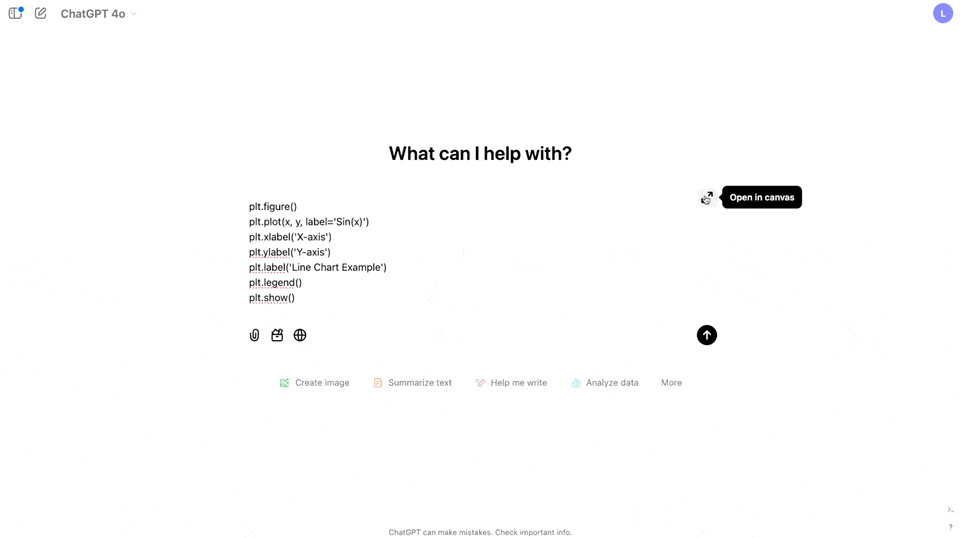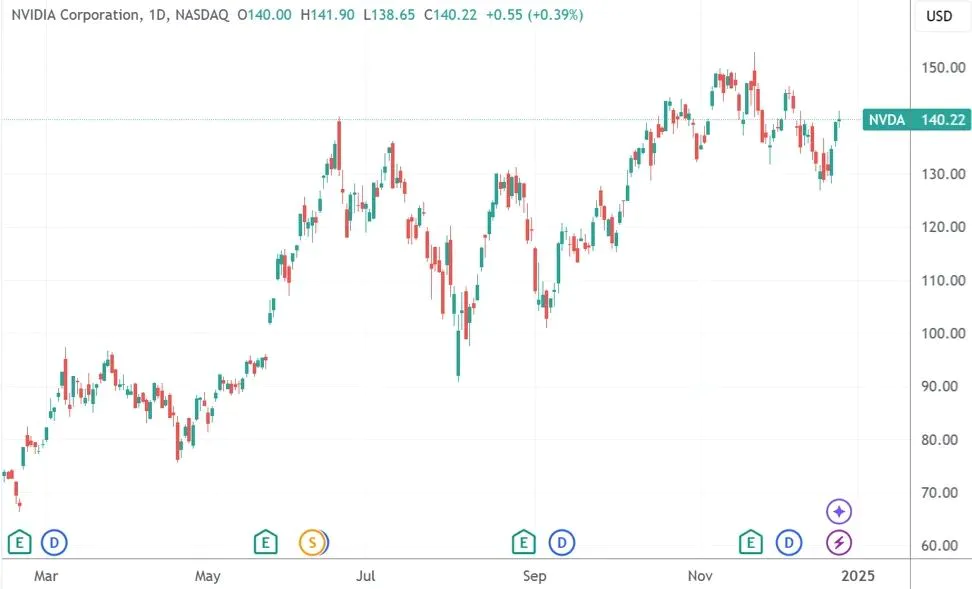The funding landscape for AI applications has shifted dramatically in 2024, with early-stage projects gaining momentum. Investors are competing fiercely for promising startups, spurred by advancements in foundational AI technologies and successful global case studies. This marks a turning point for the AI sector, transitioning from technology-driven to product-focused development.
Confidence Is Back.
The funding landscape for AI applications has undergone a dramatic shift over the past year. According to AI investor Ben, while AI entrepreneurs faced significant difficulties securing funding in the first half of the year, the latter half has seen a surge in investor activity. "Early-stage rounds have become fiercely competitive," he observed.
Prominent investment institutions such as Hillhouse Capital, Matrix Partners China, Baidu Ventures, and InnoAngel have significantly ramped up their investments in early-stage AI application projects in the second half of the year. Ben noted, “Leading dollar funds are competing intensely for early-stage AI application projects.”

More Intense Than It Seems
The reality may be even more dynamic than it appears. Jason, another AI investor, estimates that the number of funded AI application projects is at least double the number publicly disclosed.
From user engagement data, products like AI chatbots, writing assistants, search engines, translation tools, music generators, and image generators dominate the top 20 rankings across various platforms. From a funding perspective, AI applications across diverse domains such as education, job search, companionship, smart hardware, gaming, and creative tools are attracting significant investment, presenting a flourishing landscape.
Resurgence of Angel Investment
Meanwhile, U.S.-listed AI software companies have seen their stock prices soar this year, with companies like Palantir (data analytics) and SoundHound AI (voice technology) achieving multi-fold gains. AppLovin, a marketing platform, saw its stock rise sevenfold in a year, pushing its market cap beyond $100 billion. Such developments in secondary markets, coupled with the maturing of foundational AI technologies, have renewed confidence in AI applications.
Interestingly, many projects have secured modest angel funding, often in the range of a few million RMB, but the frequency of such investments has increased. As a result, entrepreneurs have become the focal point of this financing frenzy.
In response, many investment institutions have adjusted their organizational strategies, launching specialized funds for early-stage rounds. Since 2019, major funds have rarely participated in early-stage financing below 10 million RMB per deal. However, this year has seen a "revival" of angel investments.
For instance, Jinqiu Fund launched its "Soil Seed Special Plan," while Linear Capital introduced the "Bolt Program." Similar initiatives from other firms remain undisclosed but reflect a shift toward "investing early and small" in AI applications. Investors now take swift decisions, often finalizing investments within two weeks of reviewing a project.
AI Applications: A Turning Point for the Market
The uneven pace of AI application funding throughout the year can be attributed to historical inertia.
Ben explained, “Since 2019, angel investment in China has been virtually nonexistent.” Data from ChinaVenture shows that from 2016 to 2020, the number of new angel investment institutions in China fell from 16 to 0, and the number of angel investment deals plummeted by over 83%.
As a result, early-stage startups without clear paths struggled to secure funding. This trend extended into the AI sector, where investment has heavily favored large foundational model companies with massive funding rounds, often exceeding hundreds of millions of dollars.
However, AI application projects are far more “affordable.” For example, the email management tool for overseas influencers, OneTouch, recently raised $1 million in angel funding, while the AI pet hardware startup Starlink Future secured 10 million RMB in an angel round.
Lessons from Abroad
Global success stories have influenced China's investment climate. Projects like Perplexity, Pika, Cursor, and Recraft started with small teams and modest funding from AI Grant (grants ranging from $5,000 to $50,000). These projects have since scaled significantly, with Perplexity now valued at $9 billion.
Following these examples, some U.S.-based funds have shifted to smaller early-stage investments, influencing local investors in China. Leading dollar funds have allocated portions of their capital for small-scale investments, typically ranging from $500,000 to $2 million.
From Small to Big
The shift in funding strategies aligns with the current phase of AI industry development. While last year’s AI boom was driven by foundational model breakthroughs, today’s market is product-focused. With foundational technologies now available, the emphasis has shifted to productization and practical applications.
“Building big products from the start often leads to failure,” said Jason, who prefers teams that begin with smaller projects, proving their value before scaling up or seeking acquisition opportunities.
While the costs and computational requirements of foundational models remain significant hurdles, starting small offers a practical path forward.
Jason also noted that many AI entrepreneurs prefer to develop their products quietly, avoiding early publicity to minimize the risk of imitation.
A Pragmatic Shift
Despite uncertainties and the lingering capital winter, the transition from technology-driven to product-driven AI development marks a more pragmatic era for both entrepreneurs and investors.
While not every AI application will succeed, Jason emphasized, “Staying in the game is crucial in a forward-moving wave.”







